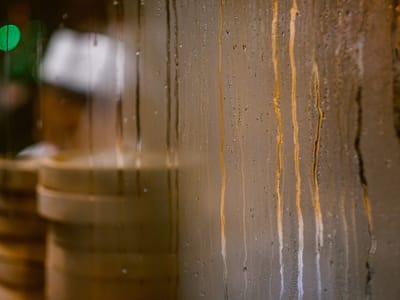
How Does Humidity Affect HVAC Performance?
Have you ever thought about why weather forecasters give you a “feels like” temperature? Humidity can change how hot you actually feel. Most people know that excessive humidity can make them feel even hotter during the summer. It comes as no surprise, then, that it has a major impact on the effectiveness of air conditioning systems.
When the humidity rises, it’s nice to retreat inside your home where the air conditioning system has kept the air cooler and less humid. While you can get away with not having to use the HVAC system during the spring and early fall, extreme temperatures will significantly impact its efficiency. You need to be aware of how exterior temperatures and climate affect the performance of your heating and cooling equipment and what you can do to ensure that they’re running at peak performance when you need them the most.If your HVAC system isn’t working as well as you expect, you might have a humidity control problem. Humidity affects air conditioning negatively because it cancels out the cooling effect. During humid conditions outside, the A/C system will spend more energy units to transport the moisture from the home to the outside. More energy is needed to not only change the temperature, but to make it feel cooler in the home or building.
A few common signs of high indoor humidity include:
- The air in the indoor atmosphere feels damp or moist.
- The space smells musty or mildew.
- Windows are fogging up.
The most effective way to deal with low humidity inside a home during the winter is by using a humidifier. Like a dehumidifier, this appliance can be installed right on your HVAC system. It adds moisture to air before it is forced through the ducts in your home.

